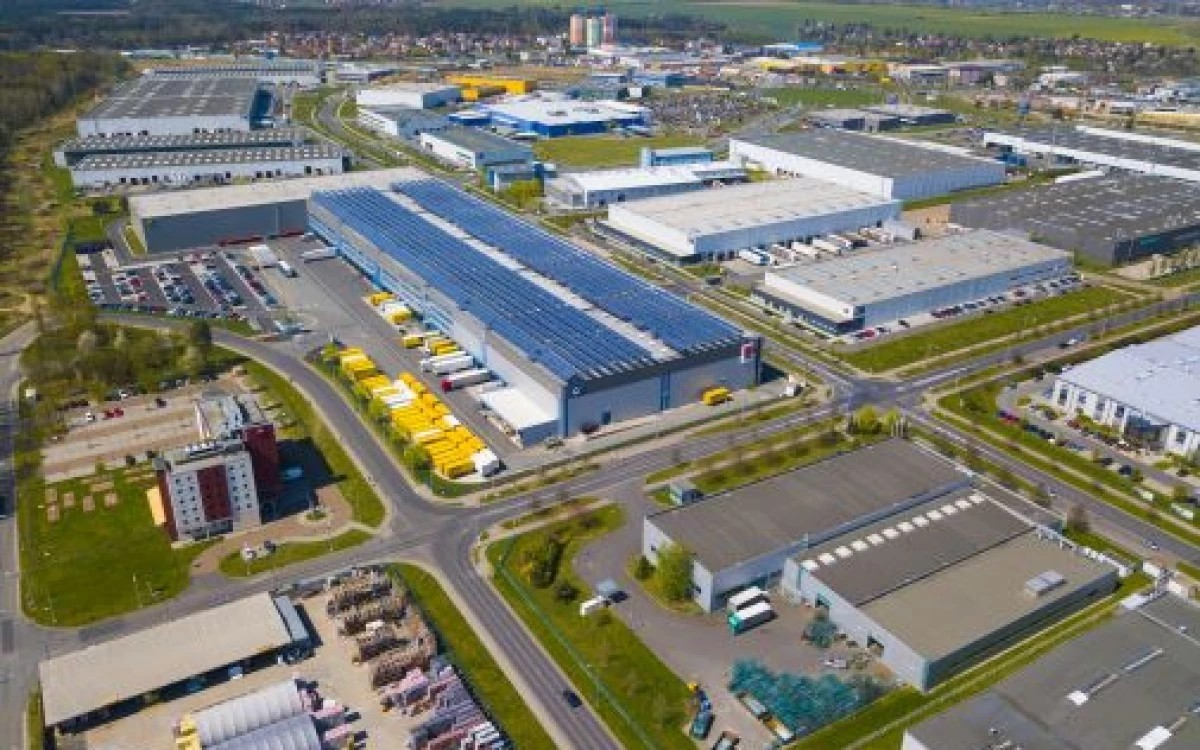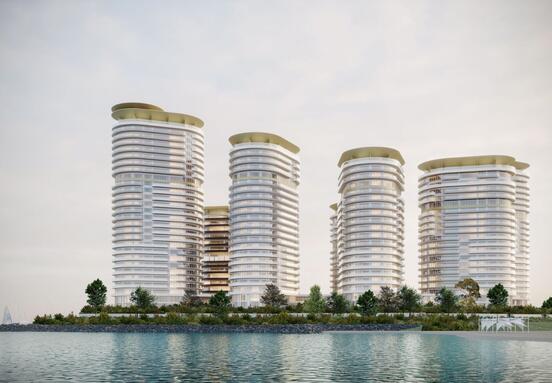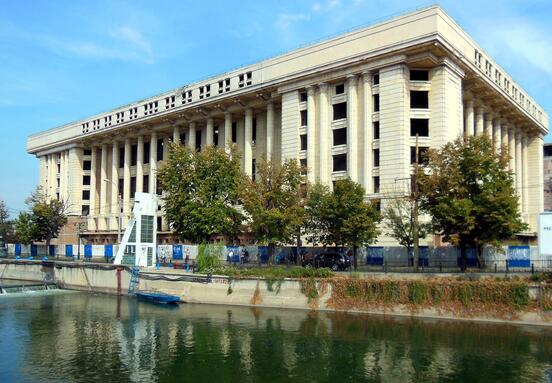Romania: a strategic hub for European investment
Romania has cemented its position as a key player in Europe's economic landscape, evidenced by becoming the second-largest market for Italian construction companies.
With cumulative contracts exceeding €5.8 billion, these investments highlight deep confidence in Romania's future and its strategic role in the region. This massive capital injection signals a robust and expanding economy, directly translating into heightened demand for high-quality commercial and industrial real estate.
Driving forces: major infrastructure projects fueling demand
The impressive growth is fueled by ambitious infrastructure projects spanning critical sectors:
Transportation: Significant investments in rail, road, and port infrastructure are enhancing connectivity and establishing Romania as a vital logistics corridor between Eastern Europe and the Balkans. This directly drives demand for modern warehouses, logistics hubs, and distribution centers located near key transport arteries and ports.
Energy: Investments in energy infrastructure projects require extensive support facilities, including specialized warehouses for equipment and administrative offices for project management and operations teams.
Social Infrastructure: Development in social infrastructure, while not directly real estate for businesses, contributes to overall economic stability and population growth, increasing the long-term viability and attractiveness of business locations.
Dr. Micaela Soldini, Director of the ICE – Italian Agency for Foreign Trade in Bucharest, emphasized Italy's view of Romania as a key market for major infrastructure projects, stating that Italian companies are ready to contribute concretely to strategic initiatives.
The impact on office and warehouse markets
The scale of these infrastructure projects necessitates a significant increase in supporting business activities. This creates a ripple effect across the commercial real estate sector:
Office Space: New projects require project management offices, administrative hubs for construction and engineering firms, and headquarters for businesses looking to benefit from the improved connectivity and economic activity. This fuels demand for modern, well-located office spaces in urban centers and near major project sites.
Warehouse & Industrial Space: The expansion of transport networks, particularly rail and port, will dramatically boost the need for efficient logistics and warehousing facilities. Businesses involved in import/export, manufacturing, and distribution will require modern, well-connected industrial spaces to optimize their supply chains. The fact that Italy's construction materials exports to Romania exceeded €3.5 billion in 2024 further underscores the intense activity in the sector, requiring ample storage and distribution facilities.
Urban Regeneration and Future Prospects
The focus on sustainable development and urban regeneration, highlighted by the “Città in Scena” exhibition held for the first time outside Italy in Bucharest, indicates a broader vision for Romania’s development. This initiative often includes the creation of modern mixed-use developments, incorporating new office spaces, retail, and residential areas, further enhancing the appeal of Romanian cities for businesses and their employees.
For businesses seeking to expand or establish a presence in a dynamic European market, Romania presents a compelling proposition. The ongoing infrastructure boom, driven by substantial foreign investment, promises enhanced connectivity, robust logistics capabilities, and a growing demand for commercial and industrial spaces, making it an ideal destination for strategic real estate investments.
Source: forbes.ro







